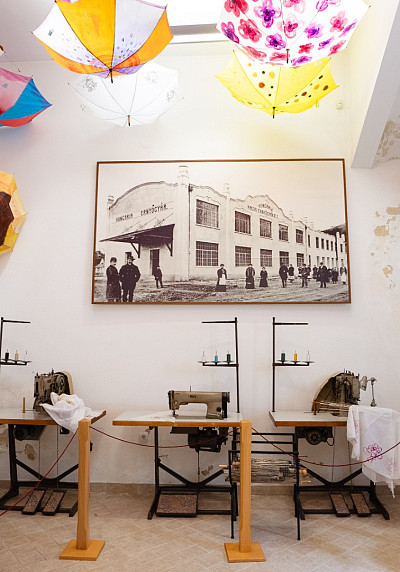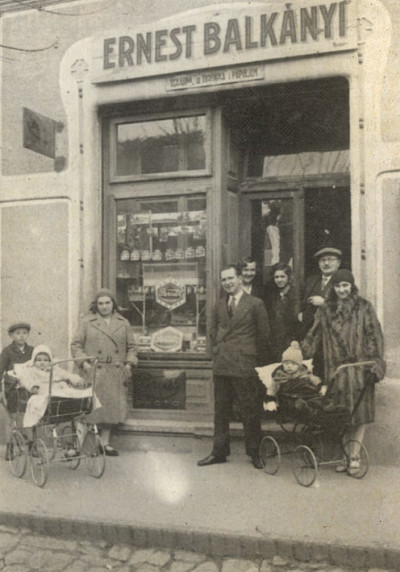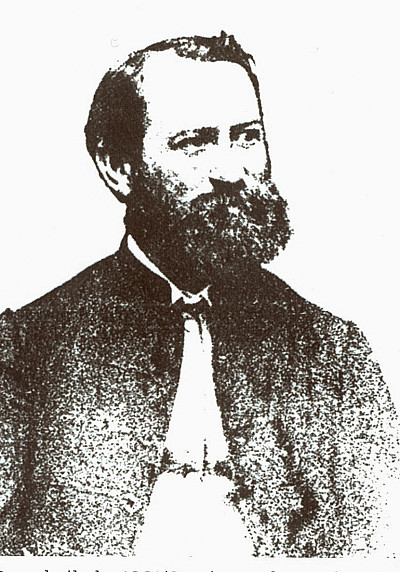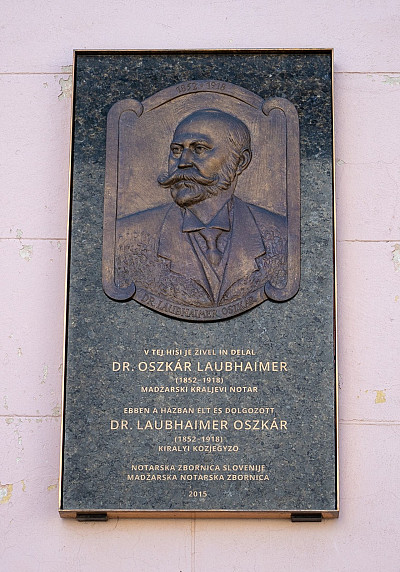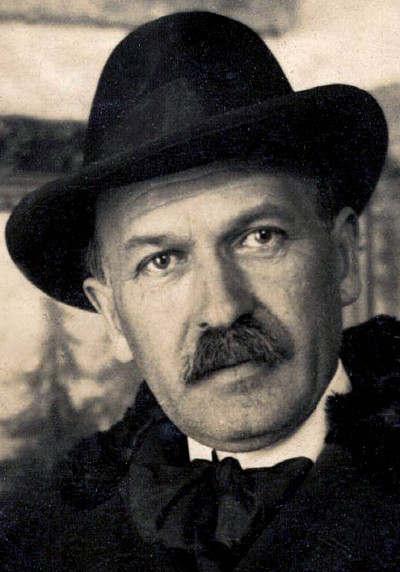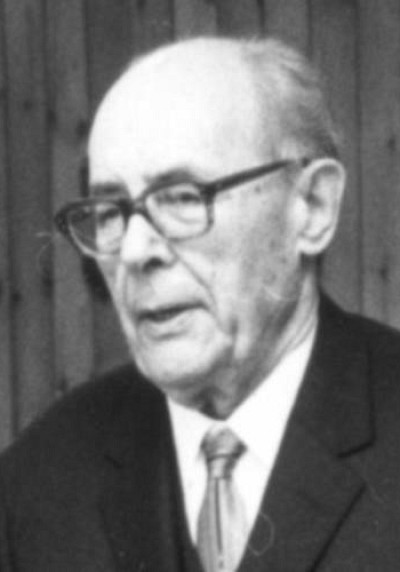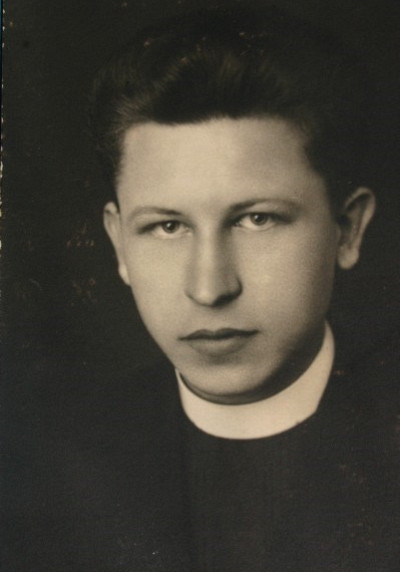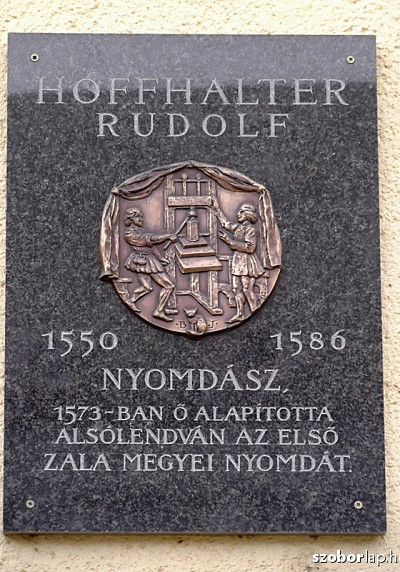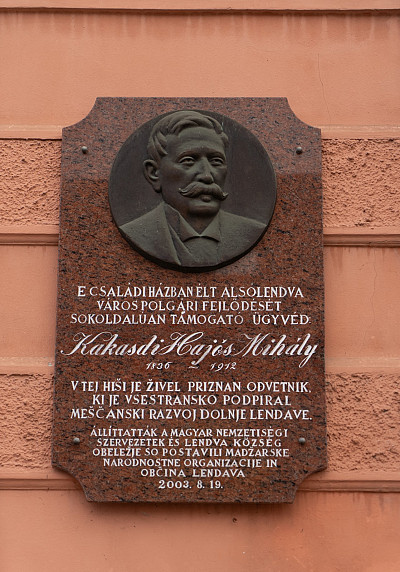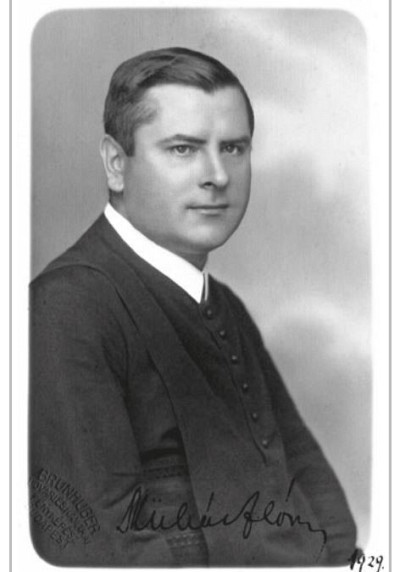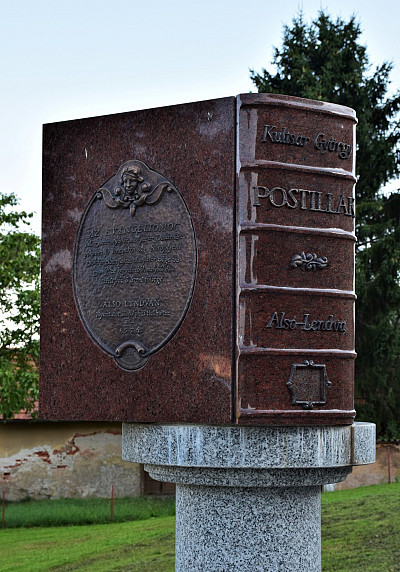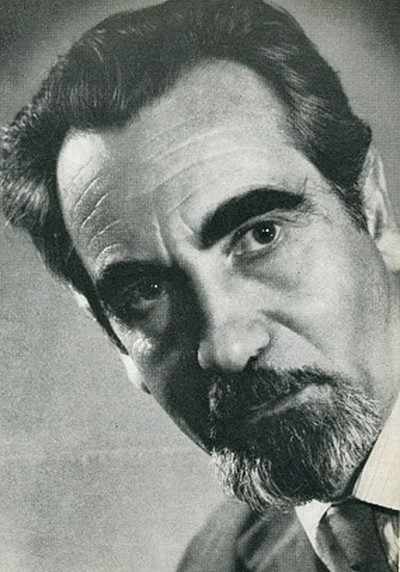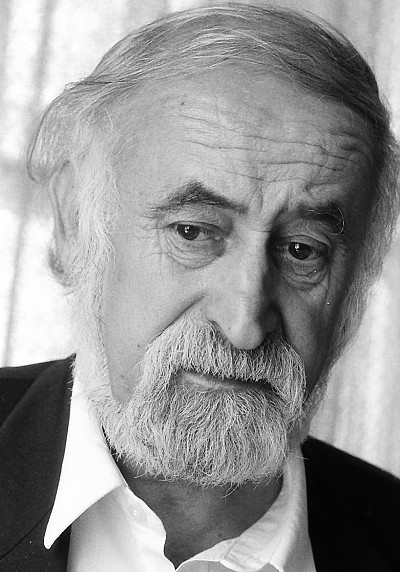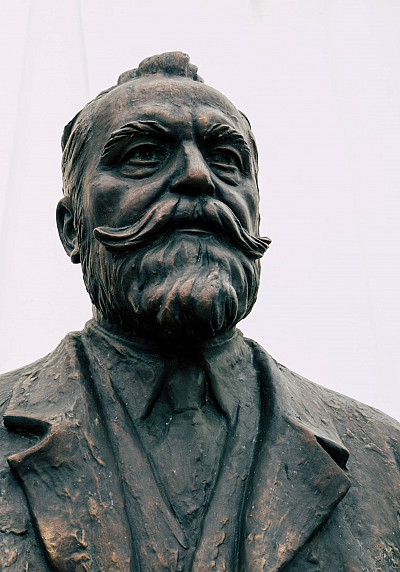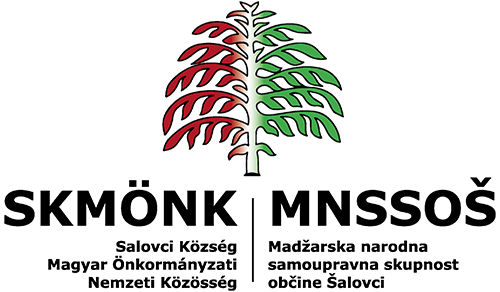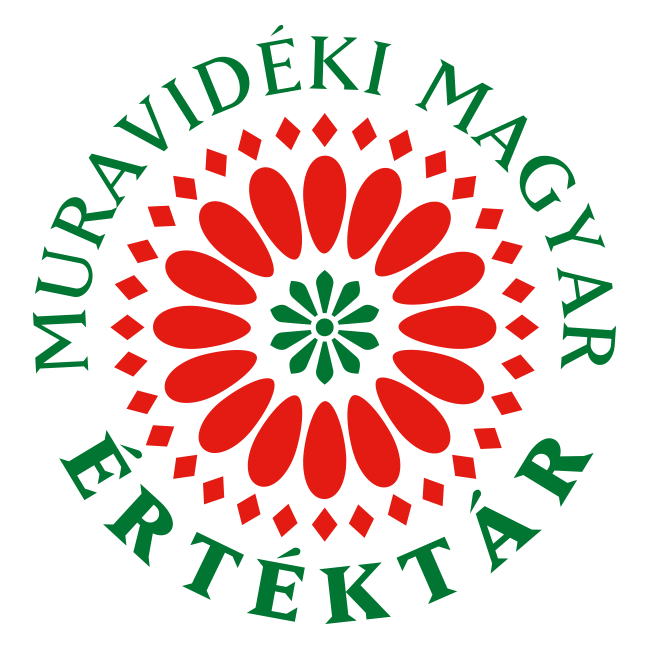Lajos Vlaj
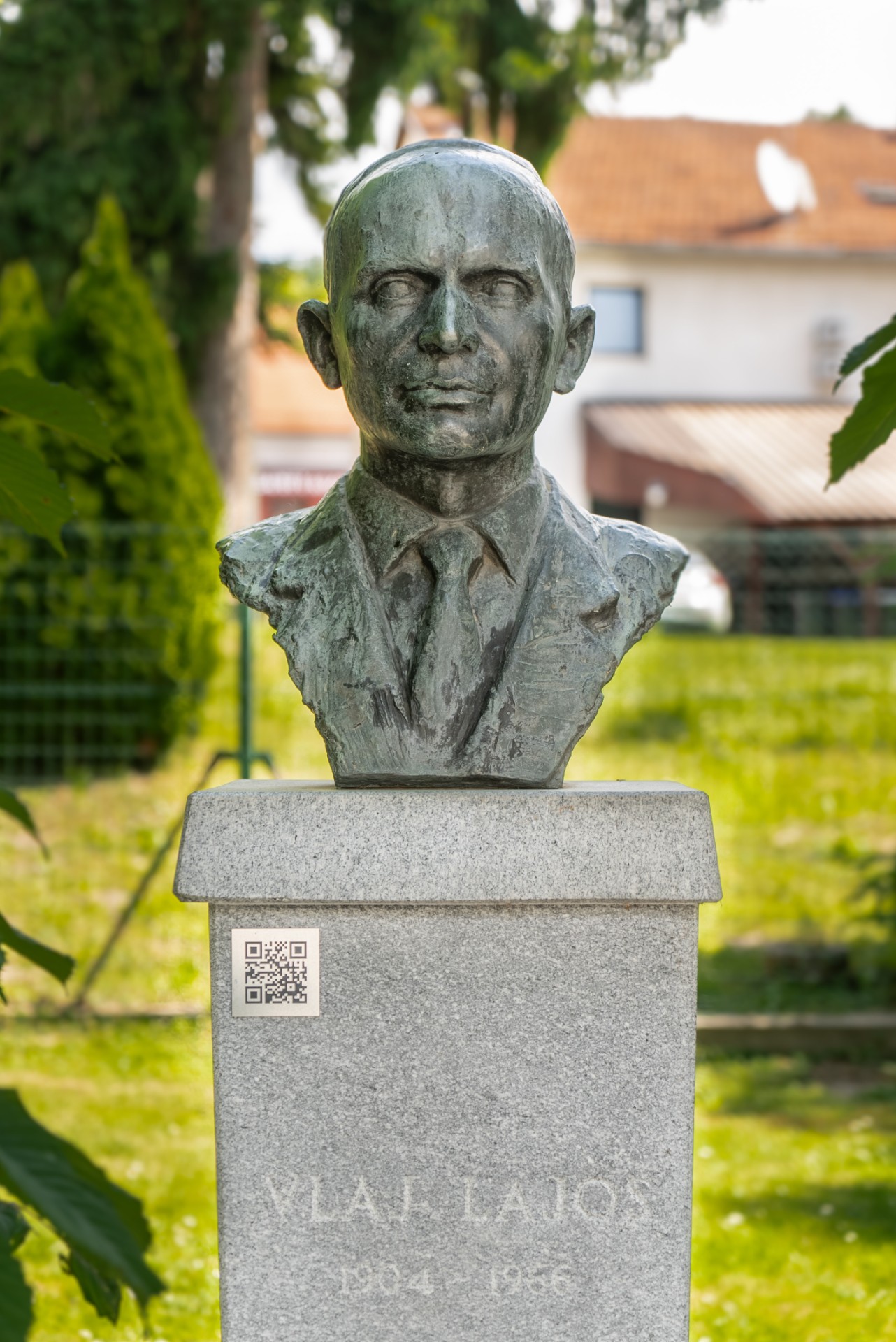
Lajos Vlaj, the first poet of the Hungarian minority in Slovenia, a committed ethnic politician and cultural leader, was born on 4th March, 1904, in Dolnja Lendava as the third child of a master shoemaker.
After completing four public schools, he wanted to enrol in a grammar school, but the family could not undertake his education due to its difficult financial situation, so he became an apprentice shoemaker. He joined the labour movement around the thirties, and from 1940 became a member of the illegal Yugoslav Communist Party. During World War II, he was arrested several times, and was imprisoned in Murska Sobota, Szombathely and Pécs. It was in prison that he wrote his most harrowing poems.
In his poems, he followed the traditions of Hungarian folk lyricism, but he was also greatly influenced by Endre Ady and Gyula Illyés. After the war, he worked as a translator and later as a salesman in a bookshop in Lendava. He also translated some important poems of Slovenian literature into Hungarian to promote cultural rapprochement between the two peoples, including France Prešeren's poem Zdravljica (Pohárköszöntő), which later became the national anthem of the Republic of Slovenia. His poetry collections Versek (Poems) and Szelíd intés (Gentle Admonition) are considered to be the first publications of its kind by the Hungarian minority in Yugoslavia at that time.
After 1945, he was primarily known for his work as a politician of the Hungarian minority, and was a pioneer of nationality politics. The Hungarian Public Education Committee (Magyar Közművelődési Bizottság) was established, and at its general assembly, Vlaj was elected president. However, the opportunities and glimmers of hope were soon thwarted by centralisation efforts, which eliminated the existence of the Lendava district, which included the majority of the Hungarian minority. With the reorganisation of the public administration, the district was transferred to Murska Sobota, where the interests of the Hungarian minority were completely ignored.
His silence was greatly influenced by his illness and the fact that he worked in an almost vacuum, although the political situation allowed him to detach himself from day-to-day politics in the 1960s. Due to his rapid death in 1966, he could do little to help young people organise their literature, but, in cooperation with the Prekmurje located Pomurska založba publishing house, he provided a positive example for the generation of writers of the movement Tavaszvárás írói and the start of book publishing.
Next to the Lendava Theatre and Concert Hall you can see the bust of Lajos Vlaj created by Ferenc Király in 1972.
Bibliography:
KKC Lendava – Lendvai KKK. https://www.kl-kl.si/hu/honismeret/muveszeti-arckepcsarnok/vlaj-lajos/
Obrazi slovenskih pokrajin: https://www.obrazislovenskihpokrajin.si/hu/oseba/vlaj-lajos/

